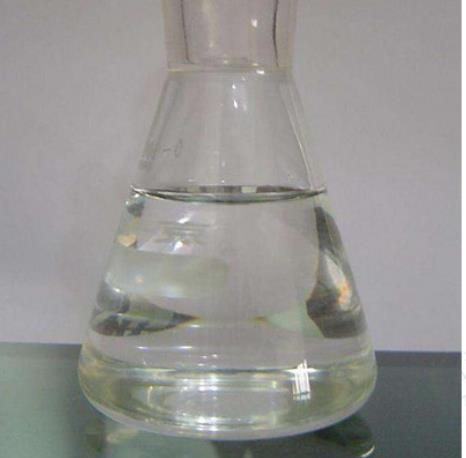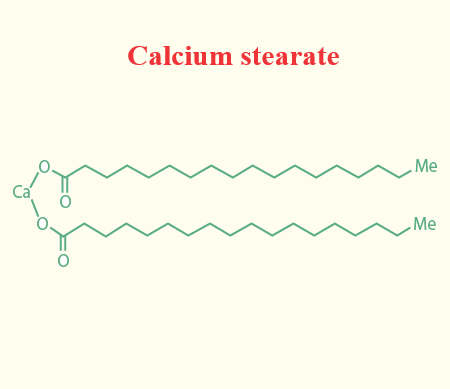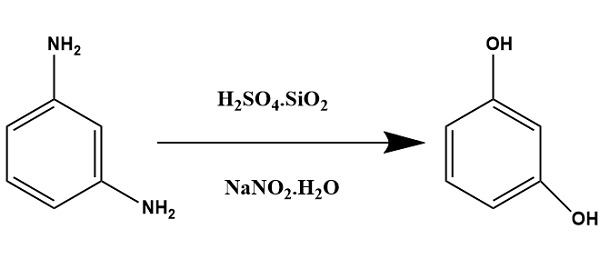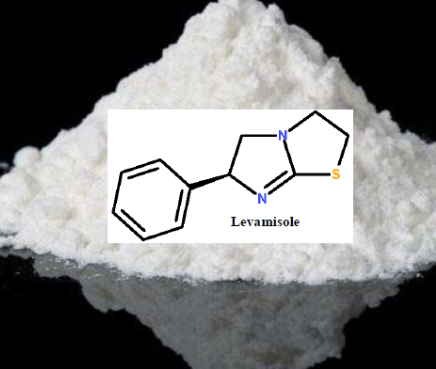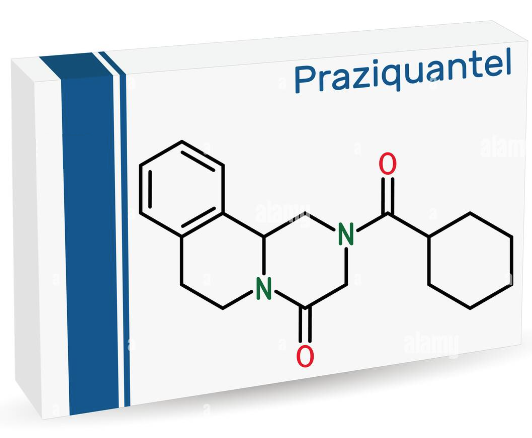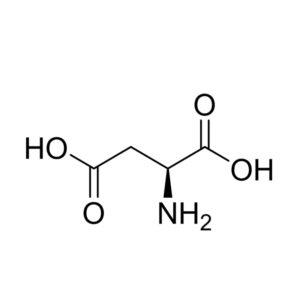Why is Hydroquinone prohibited in skincare cosmetic products?
Hydroquinone and mercury are ingredients added to skin-lightening products to limit the skin's production of melanin.
Jun 27,2024 APIHow to synthesize Tetraethyl orthosilicate?
Currently, Tetraethyl orthosilicate is commercially produced from metallurgical silicon (Simg) as the raw material.
Jun 27,2024 Organic reagents3-Methacryloxypropyltrimethoxysilane: An Overview of Its Characteristics and Applications
3-Methacryloxypropyltrimethoxysilane (MPTMS), a chemical compound with the formula C10H20O5Si, holds a significant position in the realm of silane chemistry.
Jun 27,2024 APIBenorilate: A Comprehensive Overview of Its Chemical Nature, Therapeutic Applications, and Storage Guidelines
Benorilate stands as a noteworthy advancement in pharmaceutical chemistry, combining the therapeutic benefits of salicylates with improved gastric tolerance.
Jun 27,2024 API(+)-Camptothecin: A Key Player in Chemotherapy
(+)-Camptothecin stands as a cornerstone in the realm of chemotherapy, offering a targeted approach to combating various forms of cancer.
Jun 27,2024 APICalcium stearate: Chemical properties, Applications and Side Effects
Calcium stearate is an FDA-approved safe and edible ingredient that is primarily used as a dough conditioner, often in conjunction with other dough softeners such as mono- and diglycerides.
Jun 26,2024 APIHow to synthesis Resorcinol
The industrial process of domestic Resorcinol comprises the benzene sulfonated alkali fusion method, group method of substitution, arylation method, hydroxylating phenol, and m-Diisopropylbenzene oxid
Jun 26,2024 Organic reagentsThe brief introduction of Levamisole
Levamisole is an anthelmintic agent effective against A. lumbricoides and Ancylostoma duodenale.
Jun 26,2024 APIPraziquantel: a pyrazino-isoquinolein derivative
Praziquantel is a pyrazino-isoquinolein derivative from the thioxantonic group used as a broad anthelmintic spectrum.
Jun 26,2024 APIL-aspartic acid: a review of multifunctional amino acids
L-aspartic, as an important organic compound, plays a vital role in the fields of biochemistry, medicine, food, and nutrition.
Jun 26,2024 API





